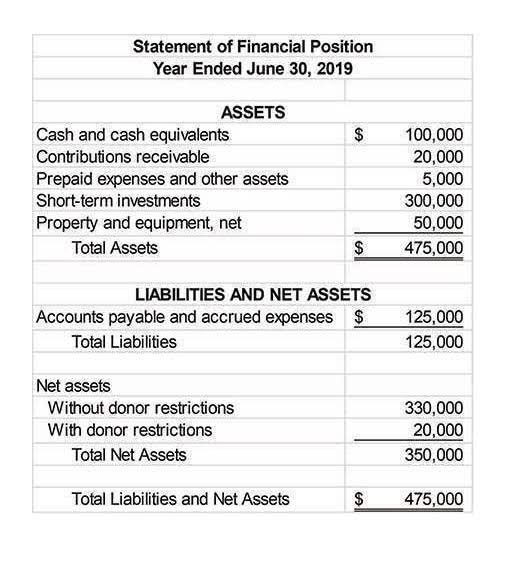
Many people choose to keep documents stored in a filing cabinet. Use file folders to organize paperwork by subject, year or how long should a business keep records another method of your choice. Bankers boxes are another storage option, but these are more susceptible to water damage.
Supporting Business Documents

Their team can also help you with your personal tax returns, too. You can explore their plans with totally transparent pricing by following the link below, and for a limited https://www.bookstime.com/ time, you can try their online bookkeeping service free for one month. The Internal Revenue Service has established some basic record-keeping rules for tax documents.
How long to keep tax records and receipts for
A small business attorney can advise you on the full list of requirements that are necessary for your business. Besides employee tax information, you should retain the personnel records for every person you employed. These records can help you guard against future suits and claims against your business. First, the service pairs you with a CPA who is an expert in your state and industry and can answer the tough questions you have about your business. Second, while many others charge by the hour, or worse, by minute, 1-800Accountant sets you up with an affordable, flat-rate pricing plan so you always know what you’ll be paying. Follow this link to try 1-800Accountant for 30 days with a money-back guarantee.
What are document retention best practices?

You will likely pay a fee for this service, but it’s a small price to keep your personal information safe. Clearing your home of piles of old, useless paperwork is a wonderful feeling, but don’t scrap it with your weekly garbage collection. Most of these documents contain personal information you don’t want to have exposed. For your most important documents, a standard filing cabinet might not be enough. Look for a safe that is fireproof and waterproof for maximum protection. A home safe doesn’t have to be elaborate or expensive, like something you’ve probably seen in the movies (no need for hidden wall safes behind artwork).
- If you do end up going the paperless route, remember to keep a backup copy of your documents in a secure second location, like a password-protected hard drive, or a secondary cloud storage service.
- Considering the ubiquity and convenience of digital downloads and streaming services, it’s truly remarkable what a comeback vinyl records have had.
- One of the benefits of keeping electronic records is that you don’t have to store piles of receipts in a filing cabinet.
- A simple lockbox you can grab and go is perfect for storing documents in the event of a home fire or flood.
- Some banks charge a fee for paper statements now, as electronic paperwork becomes more readily available.
Several factors can influence the lifespan of a vinyl record, with environmental conditions, handling, and storage being the most critical. Anything from customers citing negative effects from the long-term use of a product to employees discovering a health concern or injury and linking it back to time spent at your business. If you’d like to move toward less paper, there are plenty of digital storage options. There’s a reason so many HR professionals are shifting to cloud-based employee databases.
To ensure your vinyl records stand the test of time, regular maintenance and proper care are essential. Just in terms of the material alone, vinyl records compare favorably to other physical music formats like CDs and tapes, though again, it depends on the quality of the media. Although CDs can suffer from “disc rot” (the tendency of optical discs to become unreadable because of chemical deterioration), CD-Rs are more likely to suffer from this than pressed CDs. A pressed CD should last about 100 years, if taken care of, whereas a CD-R may only last 20.
- Use this quick and easy guide to help you decide what to save and what to toss.
- By learning what needs to stay and what’s free to go, you can minimize the amount of materials you accumulate over time.
- Our best expert advice on how to grow your business — from attracting new customers to keeping existing customers happy and having the capital to do it.
- If you have employees, the IRS recommends that you keep all employment tax records for at least four years from the time you paid the taxes or filed the return (whichever is later).
- As a result, many businesses manage their records almost entirely electronically.
- The guidelines may vary depending on your industry and circumstances.


